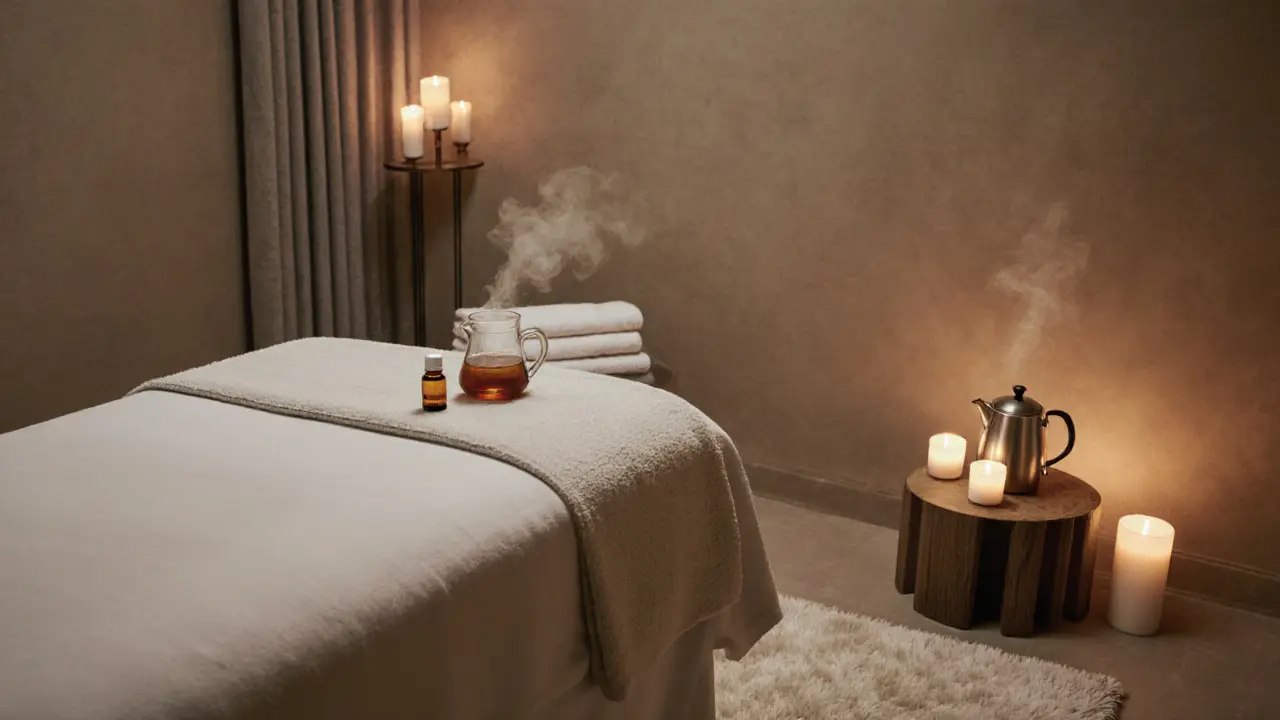Therapist Consent: What Every Spa Visitor Should Know
When working with Therapist Consent, the explicit agreement a client gives a therapist before any massage or wellness treatment. Also known as treatment consent, it ensures safety, comfort, and legal compliance. Client Rights, the set of protections a spa guest is entitled to are directly tied to this agreement, while Legal Requirements, the local laws governing health‑service consent in the UAE dictate how consent must be documented.
Why does Therapist Consent matter? First, it clarifies what the session will involve—type of massage, pressure level, use of oils, and any special techniques. This transparency reduces misunderstandings and builds trust between the client and the practitioner. Second, it protects the therapist from accusations of misconduct, because a signed or verbal acknowledgment shows the client approved the procedure. In Dubai’s regulated spa scene, failure to obtain proper consent can lead to fines or license suspension, making consent a non‑negotiable step.
Key Elements of a Proper Consent Process
Effective consent includes three core components: clear communication, documented agreement, and the opportunity to withdraw. Clear communication means the therapist explains the treatment in plain language, avoiding medical jargon. Documentation can be a written form, an electronic signature, or a recorded verbal consent, depending on the spa’s policy. Finally, the client must know they can stop the session at any point without penalty. This triad creates a safe environment and satisfies the requirements set by Dubai’s health authority.
When a spa offers specialized services—like male therapists for female clients or gender‑specific massages—the consent conversation expands. Clients may have cultural or religious considerations that affect their comfort level. Therapists need to ask about these preferences and note any restrictions before beginning. This respect for personal boundaries aligns with the broader concept of therapist ethics, which stresses professionalism, confidentiality, and cultural sensitivity.
Documentation isn’t just about signing a paper. Many spas use digital check‑in tablets where clients answer health questions (e.g., pregnancy, skin conditions, recent injuries). These answers feed directly into the consent record, ensuring the therapist tailors the treatment safely. In case of an unexpected reaction, having a complete consent trail helps both parties understand what was communicated and approved.
Privacy is another pillar linked to consent. Clients trust spas with personal health information, so spas must store consent records securely, following UAE data‑protection guidelines. Sharing this data without explicit permission breaches privacy laws and damages the spa’s reputation. Therefore, consent forms often include a clause about how the information will be used and who can access it.
From a legal standpoint, consent satisfies the requirement for “informed consent” under UAE health regulations. The law expects therapists to obtain this consent before any invasive or potentially uncomfortable procedure. Failure to do so can be classified as negligence, exposing the spa to civil liability. Hence, most reputable Dubai spas have standardized consent protocols that staff are trained to follow consistently.
For clients, understanding consent empowers them to ask questions and set limits. If a therapist suggests an unfamiliar technique, the client can request clarification or decline. This collaborative approach leads to a more enjoyable experience, whether it’s a relaxing Swedish massage or an invigorating cupping session. The more informed the client feels, the more likely they are to return and recommend the spa.
Below you’ll find a curated list of articles that dive deeper into specific consent scenarios—like requesting a male masseuse, navigating gender‑specific treatments, or handling after‑care safety. Each piece offers practical tips, legal insights, and real‑world examples to help you navigate the consent landscape confidently.
Find out if a full body massage covers the groin, learn consent rules, benefits, and how to choose a safe therapist for men.

